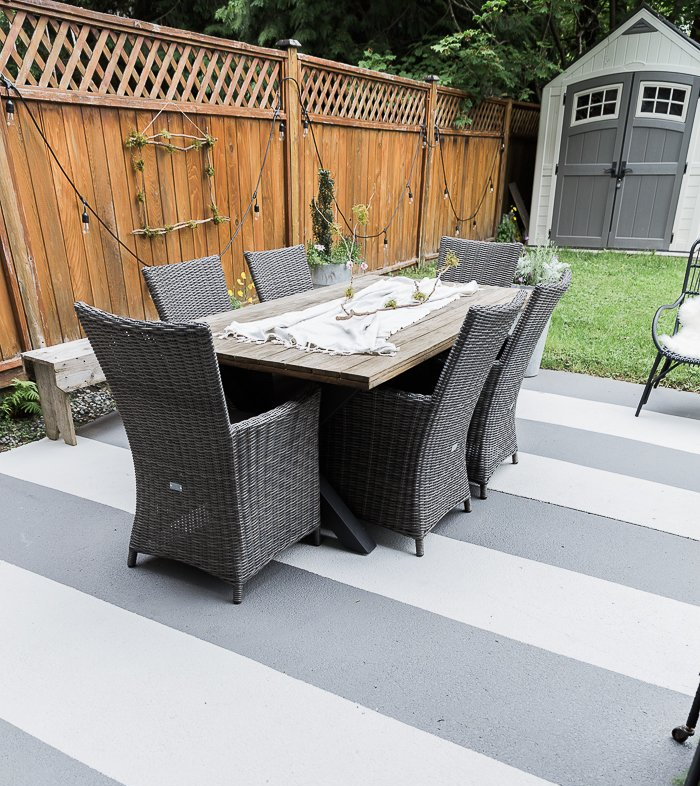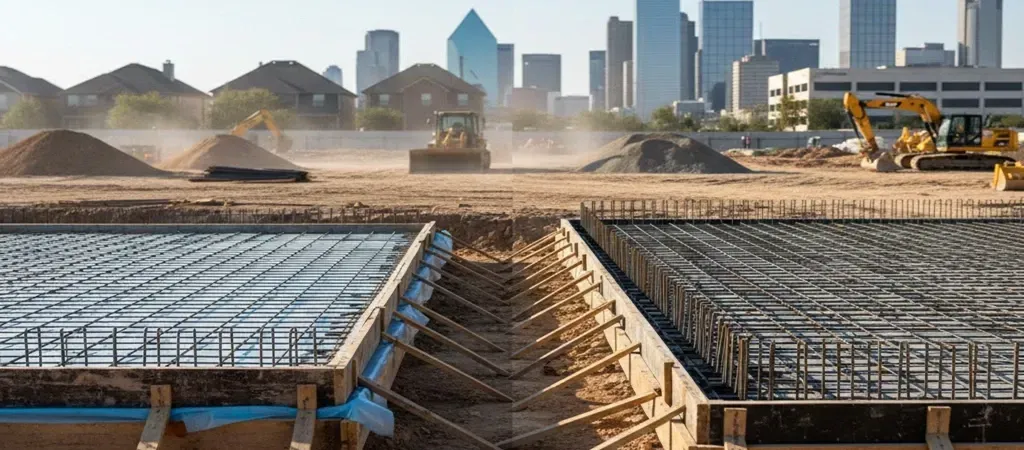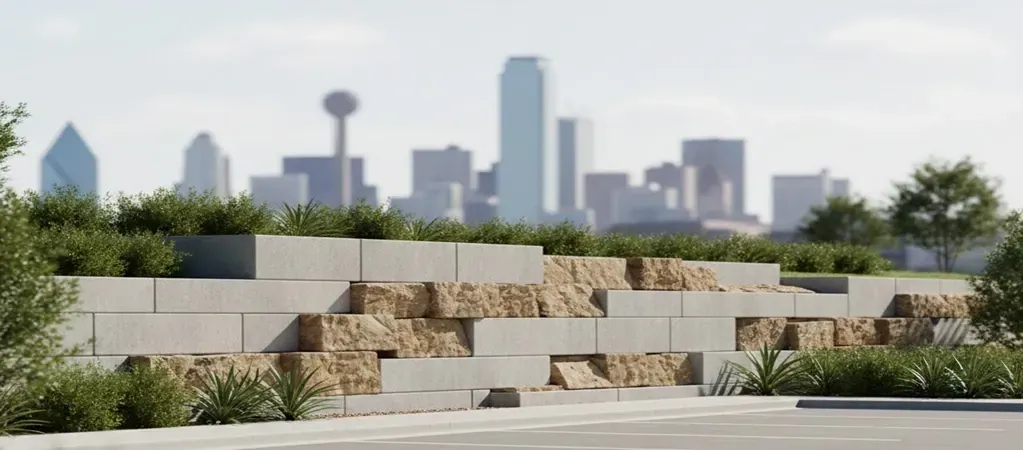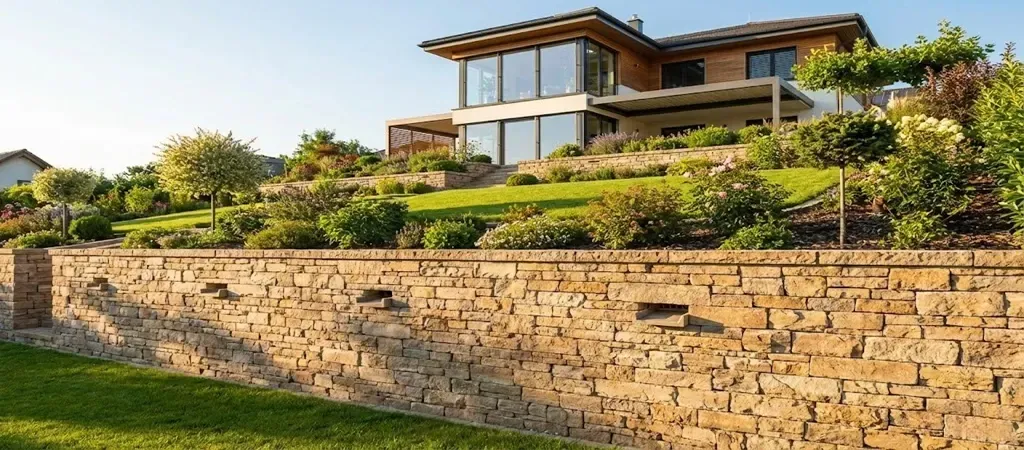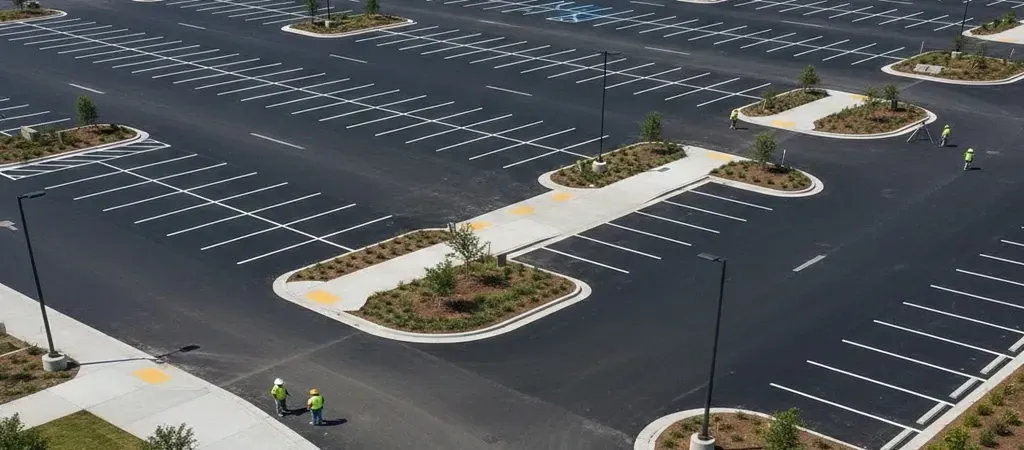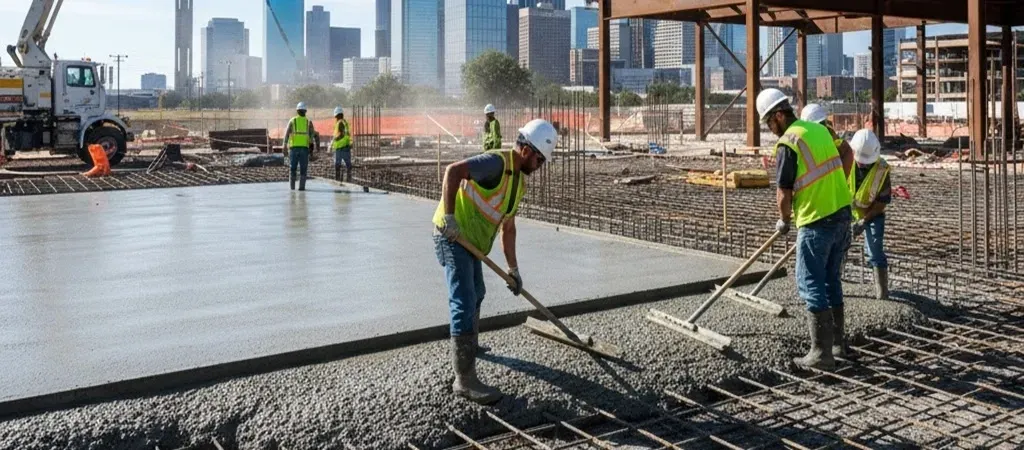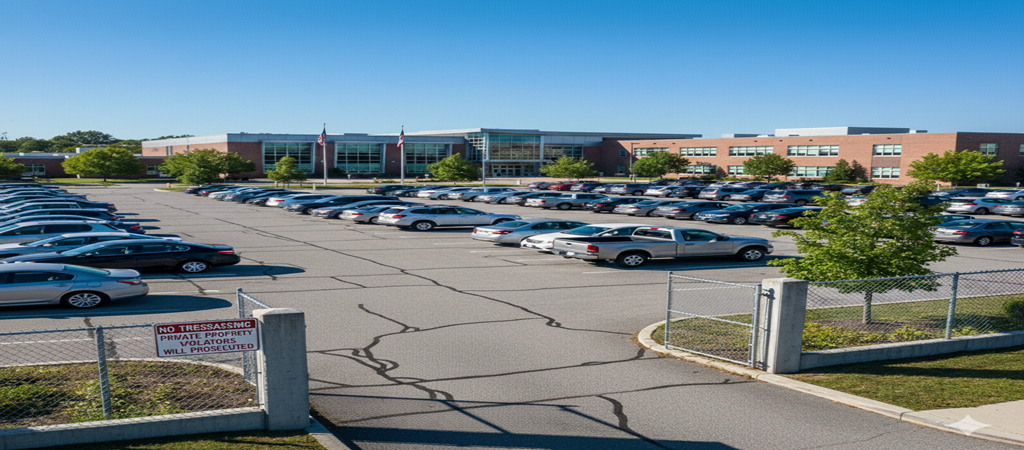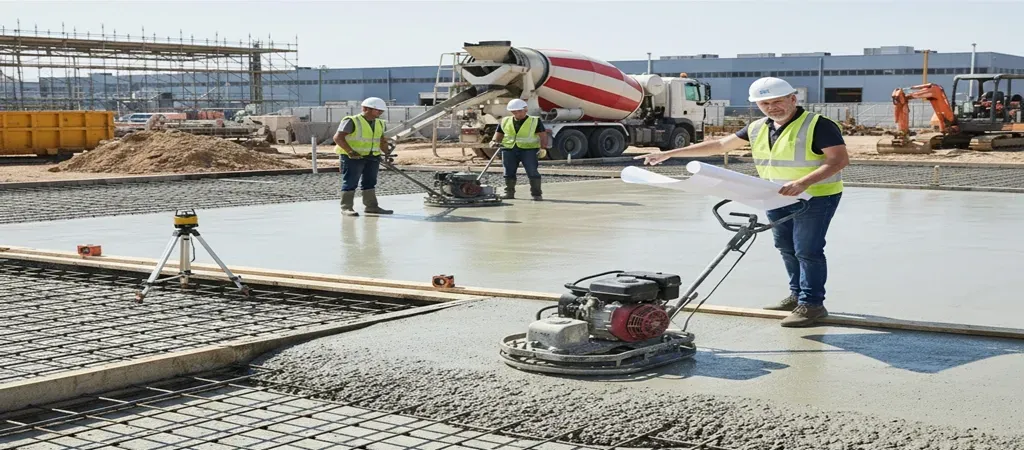Can You Paint A Concrete Deck
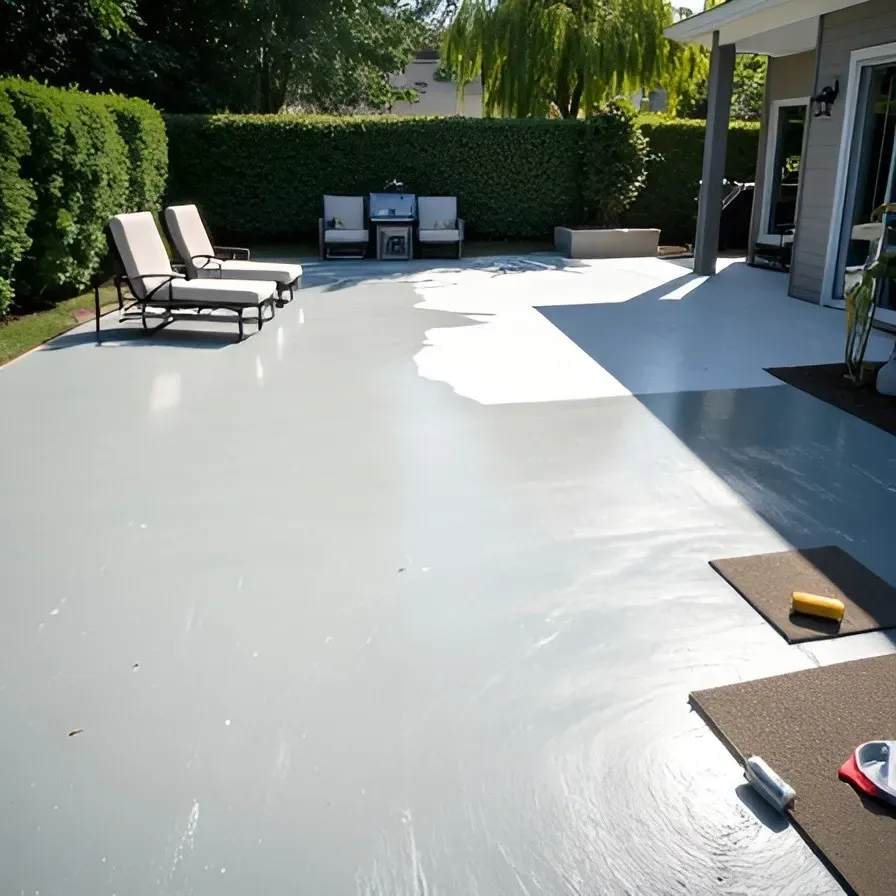
You might have a clear picture of what you want your perfect outdoor deck to look like, a place where you can spend time with your loved ones and broaden your creative mind. However, have you ever wondered what goes beneath that aesthetically pleasing floor? The simple answer is a concrete block deck. They aren't your average concrete blocks for building walls or houses.
Concrete Deck Vs. Wooden Deck
A concrete deck is no different from a wooden deck. The only difference is the material for the deck. A concrete deck is beautiful flooring that can be molded into various patterns and designs. In recent times, most homeowners saw concrete as an archaic building material.
They resulted in using wood to build houses and decks. However, concrete has been modified into different textures and produced due to technological advancement and innovation. Concrete is now shaped into various designs and patterns. It is not as expensive as other building materials. First, let's find out more about painting a concrete deck.
Every material is susceptible to wear and tear, so does concrete. However, it is to a lesser degree. Most homeowners often wonder if painting a concrete deck is possible. They believe the paint will not stick to the surface, or the color wouldn't pop as a regular wall. Painting a concrete deck is possible.
Before painting a concrete deck, make sure the surface is clean and free from debris or the popular "honeycomb" phenomena. Before painting, an acid hardener should be applied to the surface of the concrete deck.
Painting Your Concrete Deck
Painting your concrete deck is economical as you will spend less time maintaining your deck. Concrete paints are easy to apply; you may not need to hire a professional. It is a fun DIY. You can also spend quality time with your family while painting. There are different kinds of paint available to paint a concrete deck. You can choose based on your wants.
Types of Paint To Use On A Concrete Deck
Acrylic Latex Deck Paint
Acrylic deck paint is water-based paint. It spreads finely on any concrete deck, and you can use it to paint other concrete surfaces. You do not need a professional paintbrush to apply latex paint. It's more like a DIY paint. It is one of the most affordable paints for concrete.
The only setback with acrylic latex paint is its minimum life span. It is not efficiently durable. Acrylic paint is susceptible to scuffing after some time. That is why it is imperative to apply a surface hardener first. Besides this, it is an excellent paint.
Epoxy
Epoxy is another great paint to apply to your concrete deck. It is mainly used for high residential buildings. Epoxy paint is durable paint that can withstand any harsh condition. It creates a shiny appearance to your deck. However, it is a pretty expensive concrete deck paint.
The paint is thick, so it comes with two liquids in which you are to mix in color before application; an epoxy resin and a hardener. It can withstand any wear and tear. Though it is not a paint you can DIY, it needs an expert's touch. In the end, you will see how astonishing your deck will look.
Masonry Paint
This paint is also called elastomeric paint. It is an excellent choice because it has two constituents that act as a binder. Masonry paint is durable, and it is ideal for a concrete deck. Masonry paint can fill up any holes in your deck, leaving it good as new. Before using masonry paint, check with the weather because you need about two to three layers of coating.
Conclusion
A concrete deck is a great way to unwind and relax with your family. Adding a little spark by painting doesn't mean it'll lose its strength. Painting a concrete deck can be fun, depending on the type of paint you're using. From the list above, a few paints have been discussed. Pick your best and paint away!
